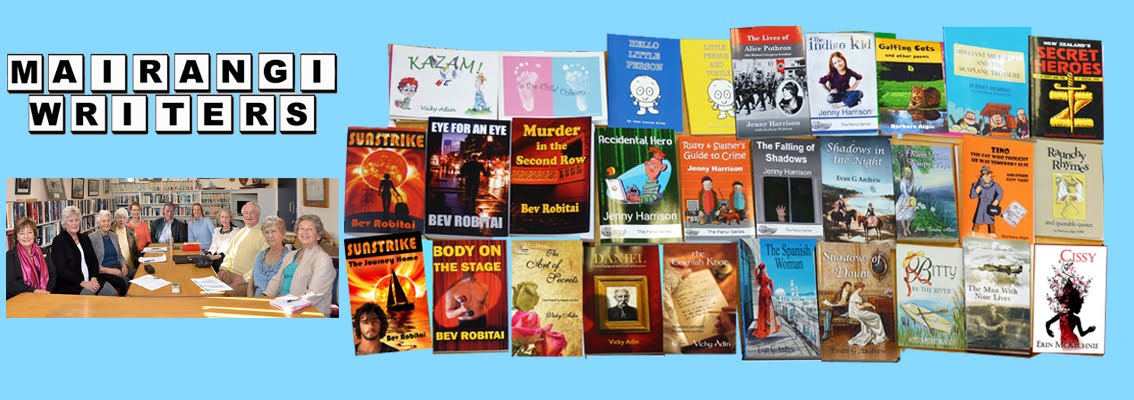If one sits down to write a
novel one has the luxury of being able to waffle one's way through thousands of them, using as much padding as we had in the shoulders of our 1940’s
dresses. Today the latest gimmick is a speed-orientated writing
world known as ‘Flash Fiction’. Take any long story you wrote years
ago and reduce it to 300 words or less. Harder than you think but,
when accomplished, you have the very same story condensed for space-age readers
who haven’t the time in which to delve into lengthier volumes.
Politicians are the ones who
excel at actually manipulating words, for after a lengthy speech in Parliament,
it is often difficult to remember what was their actual subject matter, let
alone what they intend doing to rectify
the issue. Perhaps Flash Fiction could be a viable option for them.
Today, with multi-tasking
being the order of the day and the quick-fire speech of the young (sometimes so
fast and unintelligible that I feel the need to book myself a hearing
test) words are being grossly abbreviated to the detriment of gracious living.
People are always looking for shortcuts to accomplish their goals.
For instance a proposal of marriage, once a
leisurely romantic pursuit, has now been jet propelled into the future and,
with a vivid imagination, can take place anywhere from a few fathoms under the
ocean by couples wearing matching flippers and snorkels to halfway through a
bungy jump where, linked together and upside down, they somehow manage to get
it right in spectacular fashion.
All this speed has taken its
toll on the education of the young. Children do not seem to be
taught to ‘write’ in schools any longer and are unaware what their printing
look like when linked together. Texting is one of the reasons for their
inability to spell. Who needs to be able to spell when one can text ‘Kn U kum 4 T 2nite rskd rnty B’?
And so the importance of spelling now also received a final kick in the
ass.
And so what’s next?
I would like to think that
meaningful, well-spelt words will continue to stay in fashion. That
writers will still produce novels and stories with delightful descriptions
which inspire and entertain us, that libraries and books will remain (despite
the arrival of e-pads and whatever next is in the pipeline) and that those
Flash Fiction kids will come and go
into cyber space.
I personally prefer my fairy stories to begin with ‘Once upon a time’ and the endings to be ‘and they all lived happily ever after’ but of course this isn’t always the case in this Life in the Fast Lane.
Cheers
Barbara

You've hit the spot, Barbara! In this frenetic and often superficial world I often find I'm wishing someone had invented time travel - backwards. But then again I read a the old classic 'Rob Roy' recently, to keep my mind on things literary and although I enjoyed it - well - let's say I think we need to get some sort of law that says 'if you're in an English country, speak English.' Too much change too quickly I say.
ReplyDeleteBless you, Big Al! Once again you've hit the spot! In this frantic world we live in something like Flash Fiction may be the "in-thing" but just how satisfying is it to either write or read? It's a fad and I would suggest it'll "flash' in and "flash" out just as quickly. Good things take time. Yeast needs to rise slowly for a good loaf of bread. Michelangelo took four years to complete the Sistene Chapel ceiling. We are so fortunate, we members of the Mairangi Mob, who have time to get things right, time to mull over a sentence, a word, time to make sure that what is in our minds safely and beautifully translates to the page. Let's leave flashing to those sorry souls in dirty raincoats and give our time and energy to things that will last.
ReplyDelete